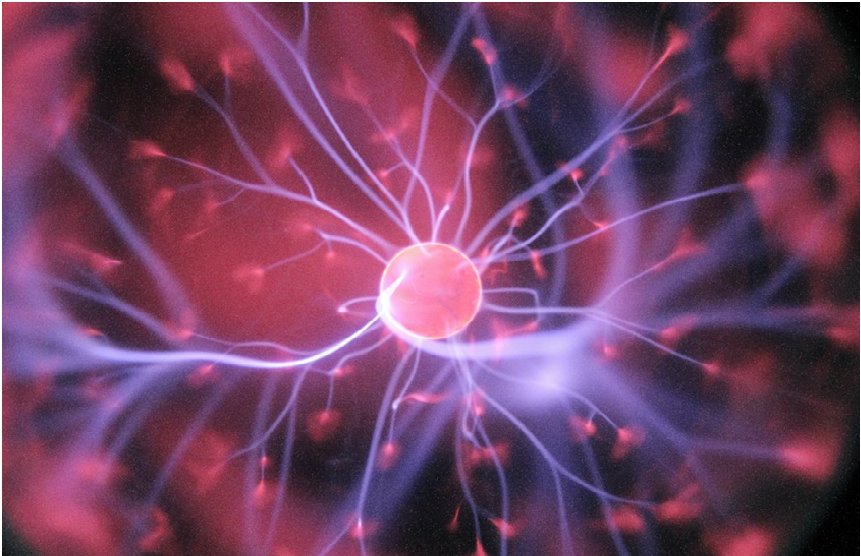At a glance
- Explore five powerful strategiesto effectively rewireyour brain after trauma, fostering resilience and personal growth.
- Discover the role of educational masterclasses, such as the QMG method, in providing insights and tools for rewiring neural pathways, offering a holistic approach to trauma recovery.
- Recognise the vital role of a life coach in your trauma recovery, providing personalised guidance and creating a supportive space for applying rewiring strategies effectively.
Recovering from trauma is a profound and individualised journey that demands attention to both emotional and neurological aspects. One of the critical components of this recovery process is the rewiring of the brain.
This transformative shift allows individuals to heal, regain control over their lives, and foster resilience. In this article, we’ll delve into five effective ways to rewire your brain after trauma and how to deal with trauma with the help of a life coach in Australia.
1. Therapeutic Techniques: A Guided Exploration
Embark on a guided exploration of therapeutic techniques designed to rewire neural pathways disrupted by trauma. Cognitive-behavioural therapy (CBT), renowned for challenging negative thought patterns, eye movement desensitisation and reprocessing (EMDR) targeting trauma processing, and dialectical behaviour therapy (DBT) for emotional regulation, offer structured avenues for transforming cognitive and emotional responses.
2. Mindfulness and Meditation: Cultivating Inner Peace
Cultivate inner peace and emotional resilience through mindfulness and meditation, powerful tools for rewiring the brain post-trauma. By staying present at the moment, you can alleviate anxiety, reduce hyperarousal responses, and contribute to neuroplasticity—a fundamental aspect of the brain’s ability to adapt and heal.
3. Physical Exercise: Energising the Mind-Body Connection
Energise your mind-body connection with regular physical exercise. Beyond the benefits to physical health, exercise releases endorphins, acting as natural mood enhancers. The neurobiological impact of exercise extends to enhanced cognitive function, fostering a conducive environment for rewiring neural connections.
4. Establishing Healthy Connections: Building a Supportive Network
Build a supportive network by cultivating healthy connections. Meaningful relationships provide emotional support, encouragement, and a sense of belonging, which rewires the brain’s social circuits. Nurturing positive connections aids in restoring trust and mitigating the impact of trauma on interpersonal relationships.
Unveiling Transformative Insights
Delve into educational masterclasses as a cornerstone for rewiring your brain. The QMG method masterclass, for instance, offers a comprehensive approach rooted in neuroscience and psychology. Enrolling in such a masterclass gives you valuable insights and practical tools, paving the way for transformative changes in your mental landscape.
The Role of a Life Coach in Trauma Recovery: Personalised Guidance
Beyond these strategies, consider the invaluable role of a life coach in your trauma recovery journey. A life coach provides personalised guidance, assisting you in applying these rewiring strategies effectively. Their support, encouragement, and accountability create a safe and empowering space for your unique healing process.
Conclusion: Empowering Your Journey to Healing
Rewiring your brain after trauma is a journey of empowerment, resilience, and self-discovery. The combination of therapeutic techniques, mindfulness practices, physical exercise, healthy connections, and educational masterclasses provides a holistic framework for healing.
Connect with a life coach in Australia for tailored support. Your journey to rewiring your brain is uniquely yours, and these strategies are tools to empower you along the way.
For a comprehensive understanding of trauma recovery and brain rewiring, consider exploring the QMG method masterclass here.




